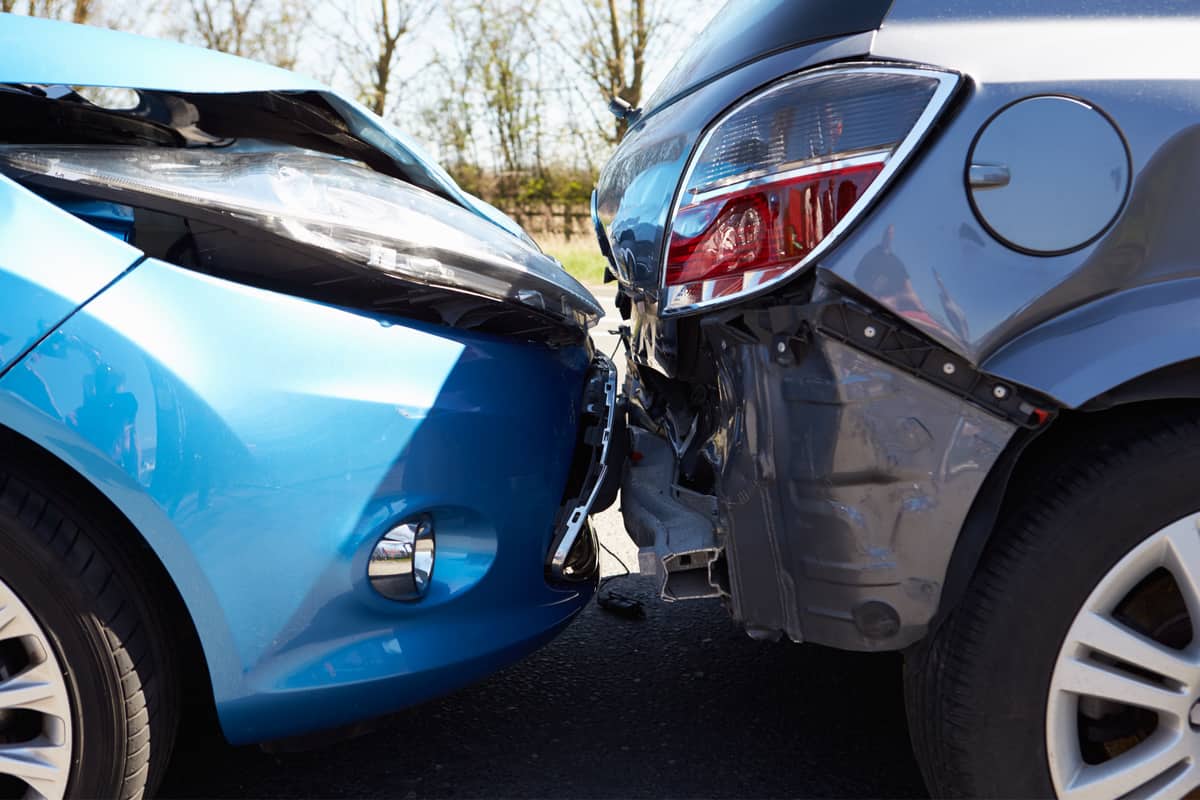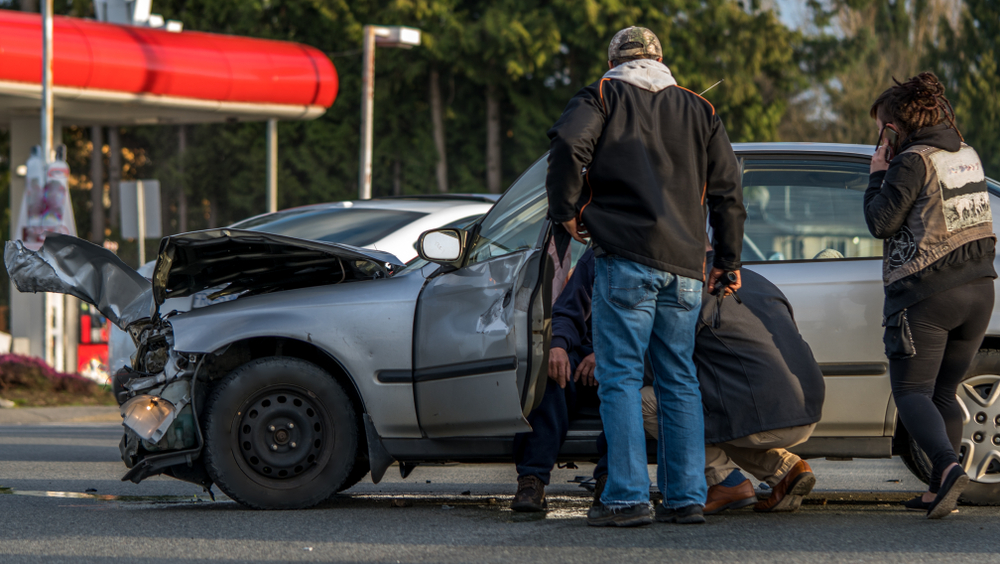
Partner at Charbonnet Law Firm LLC
Practice Areas: Car Accident, Personal Injury

Car accidents happen when you least expect them. Even if you’re a careful driver, someone else’s mistake can put you in a stressful situation. Knowing what to do after a crash can protect your health, help with insurance claims, and support any legal steps you might take later.
This guide will walk you through five essential steps to take right after a car accident in Louisiana. These actions can make a big difference in how your recovery unfolds—both physically and financially.
Stop your car and check your surroundings. If it’s safe and your vehicle can move, pull over and turn on your hazard lights. If not, exit carefully and move to a safe spot.
Stay calm accidents can be disorienting, and taking a breath helps. It’s also essential to remain at the scene.
Louisiana law (La. R.S. § 14:100) makes it illegal to leave the scene of an accident. Doing so can lead to criminal charges, especially if someone is hurt or there’s serious damage.
Check yourself and your passengers for injuries. If anyone is hurt—or if you’re unsure—call 911 right away. Emergency responders can assess the situation and provide help.
Avoid moving anyone with possible head, neck, or back injuries unless there’s immediate danger. Even minor crashes can cause delayed injuries like whiplash or concussions, so it’s wise to get checked out.
According to the Louisiana Highway Safety Commission, over 700 people die in crashes each year—many due to delayed care or not seeking medical help.
Louisiana law requires you to report a crash if anyone is injured or killed or if the damage exceeds $500. Police will document the scene, which helps with insurance or legal claims.
Under Louisiana law (La. R.S. § 32:398), drivers must report accidents involving injury, death, or damage over $500 to law enforcement immediately.
If the crash results in Death or damage of over $1,000, you must also file a written report with the Department of Public Safety within 24 hours.
A written report must be submitted to the Louisiana Department of Public Safety within 24 hours if damage exceeds $1,000 or someone dies.
Ignoring these rules can lead to fines or jail.
Failure to report can result in up to 60 days in prison, a $100 fine, or both
You should also call the police if the other driver flees, appears impaired, or if the crash seems intentional.

Once everyone is safe and help is on the way, exchange information with the other driver. You’ll need to share your name, phone number, insurance company, and policy number.
Ask the other driver for the same information. If they are not the vehicle’s owner, find out who the owner is and get their details, too. Also, talk to any witnesses nearby and write down their names and contact info.
Avoid discussing who caused the accident. Don’t admit fault or say things like “I’m sorry,” which could be misunderstood later. Just stick to the facts for now.
Accidents can be confusing, and memories can fade quickly. That’s why it’s so important to write down everything you remember and take photos before you leave the scene.
Use your phone to take pictures of the following:
Also, jot down:
This evidence can support your insurance claim and protect you if the other party gives a different version of what happened.

Louisiana follows a comparative fault rule. This means you can still get compensation even if you were partly at fault, but your payment may be reduced based on your percentage of responsibility.
Due to Louisiana’s pure comparative fault system, your compensation may be lowered in proportion to your level of responsibility for the collision. (La. C.C. Art. 2323)
If another driver was primarily responsible, you may be able to recover money for:
But getting full compensation isn’t always simple. Insurance companies often offer less than you deserve or deny claims altogether. That’s why it helps to speak with a New Orleans car accident lawyer who understands how Louisiana law works.
|
Type of Incident |
Reporting Requirement | Deadline |
Penalty for Not Reporting |
| Injury or Death | Must notify law enforcement immediately | At the scene | Fine, potential jail under § 32:398 |
| Property Damage > $500 | Must notify law enforcement | Immediately | Fine or citation |
| Damage > $1,000 or Fatality | File written crash report with DPS&C | Within 24 hours | Up to $100 fine or 60 days in jail |
No. Only accidents involving injuries, Death, or over $500 in damage must be reported to police. But it’s a good idea to call them even in minor crashes to have an official report.
Don’t admit fault or say things like “I didn’t see you.” Stick to facts. Let the police and insurance companies determine what happened based on evidence.
Could you report it to the police immediately? Try to remember details like the car’s make, model, color, and license plate. Leaving the scene is considered a hit-and-run.
Yes. Some injuries don’t appear right away. Get checked by a doctor and report any symptoms as soon as they occur. Delayed pain is common after accidents.
You generally have one year from the date of the crash to file a personal injury claim. After that, your case may be dismissed under Louisiana’s statute of limitations.
Getting into a car accident can turn your life upside down in seconds. But taking the proper steps afterward can help protect your health, your rights, and your future. Start by staying calm, getting to safety, and calling for help. Then, document everything and learn about your legal options.
If you’ve been in a crash and aren’t sure what to do next, Charbonnet Law Firm, LLC can guide you through the process. With decades of experience helping New Orleans families, the firm understands what it takes to move forward after a serious accident.

With over 50 years of legal experience serving families in the New Orleans area and surrounding Louisiana communities, our firm takes pride in providing clients with personalized legal services tailored to individual needs.